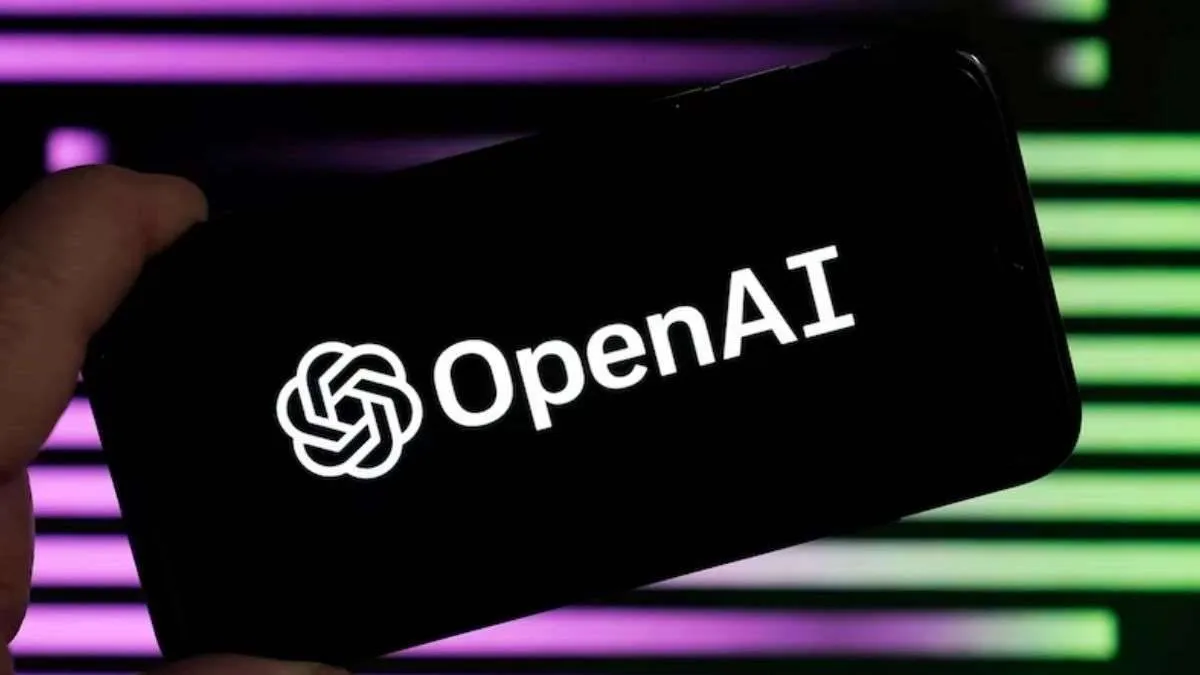OpenAI GPT Store plagues due to policy violations, spam, impersonation: Details here
If the GPTs don't violate any of OpenAI’s policies and guidelines, they are added to the store. However, it seems that the policies are not being strictly followed, and many GPTs that appear to violate the regulations are flooding the platform.

OpenAI’s GPT Store has run into trouble due to spam and policy violations. The GPT Store, which was launched in January 2024, is a store for mini chatbots programmed for a specific task. The store allows developers to build and submit their GPTs to the platform and if they don't violate any of OpenAI’s policies and guidelines they are added to the store. However, it turns out that the policies are not being strictly followed, and many GPTs that appear to violate the regulations are flooding the platform.
Numerous reports have revealed that the GPT Store platform is filled with bots that are spammy or violate the policies of the AI firm. For example, OpenAI's usage policy states in point 2 under the section ‘Building with ChatGPT’: “Don't perform or facilitate the following activities that may significantly affect the safety, wellbeing, or rights of others, including,” and then adds in sub-section (b): “Providing tailored legal, medical/health, or financial advice.”
However, when searching for the word “lawyer,” a chatbot named Legal+ appeared, with a description that states, “Your personal AI lawyer. Does it all from providing real-time legal advice for day-to-day problems, to producing legal contract templates & much more!
The usage policy also prohibits "Impersonating another individual or organization without consent or legal right" in point 3 (b). However, one can easily find "Elon Muusk" with an extra "u" added, likely to evade detection. Its description simply says "Speak with Elon Musk". Other chatbots that are treading the grey area include GPTs that claim to remove AI-based plagiarism by making the text seem more human and chatbots that create content in Disney or Pixar's style.
OpenAI's usage policy states, "We use a combination of automated systems, human review, and user reports to identify and evaluate GPTs that may violate our policies. Violations could result in actions taken against the content or your account, such as warnings, restrictions on sharing, or ineligibility for inclusion in the GPT Store or monetization”. However, the policy is not working as intended.
ALSO READ: Centre cautions influencers against endorsing offshore online betting, gambling platforms